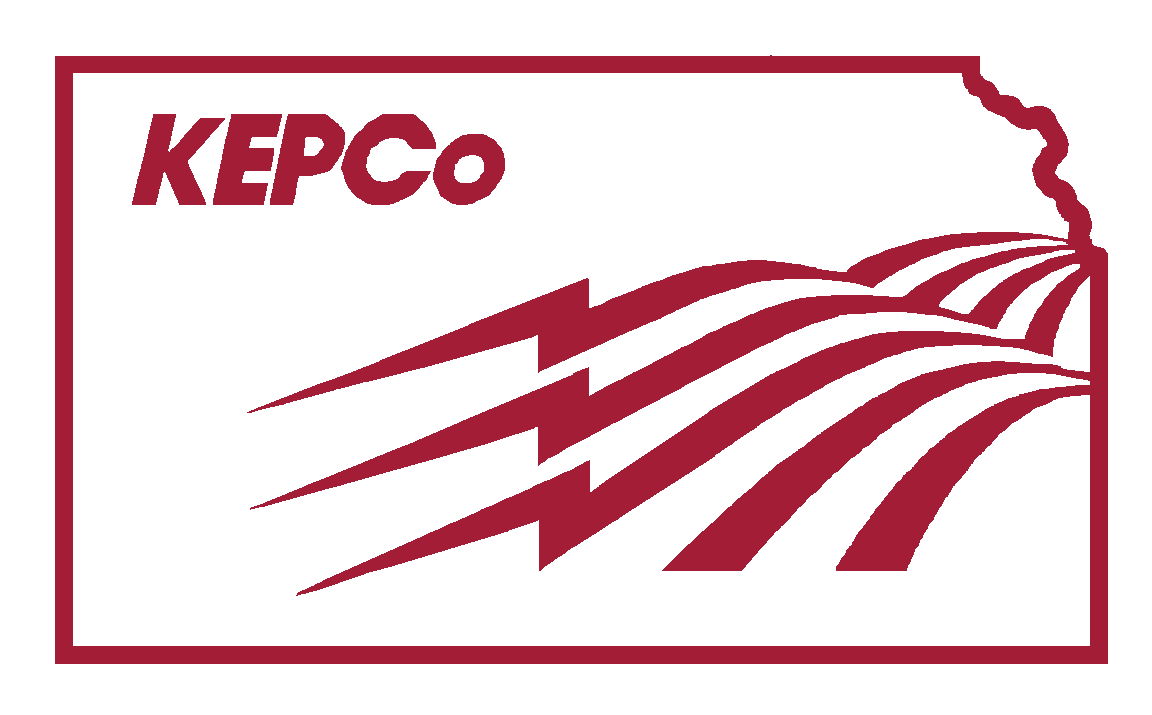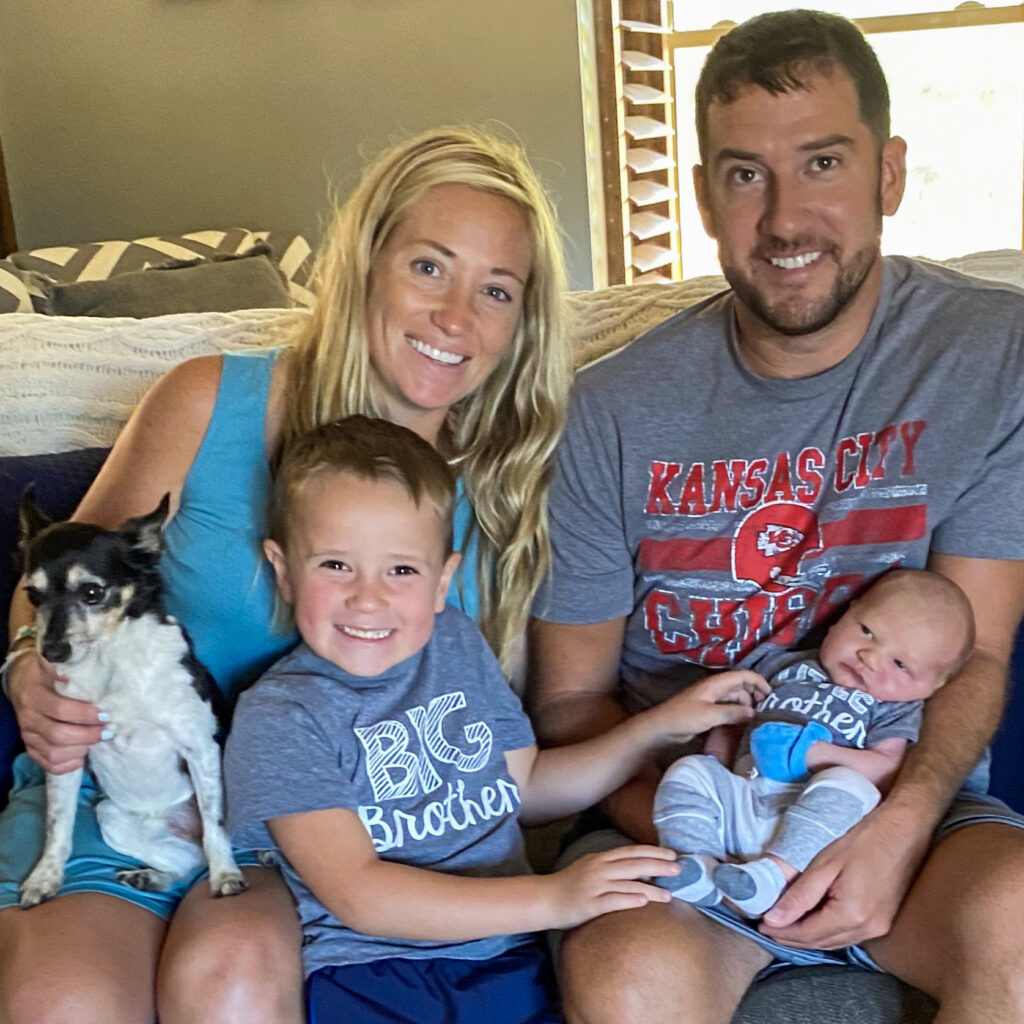A Moment with the CEO
BY SUZANNE LANE
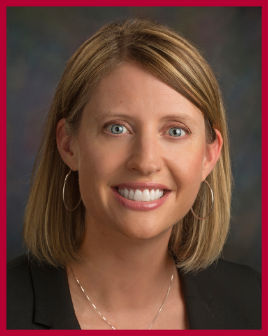
Fall 2020
With the autumn season arriving, a number of other, highly-anticipated “seasons” are arriving as well: cooler weather, fall sports, and the celebration of “Cooperative Month” in October. As everyone can attest, 2020 has been filled with many challenges for our cooperative, our members, our families, our state, and our nation. Taking a moment to celebrate all that the cooperative values mean and represent during October (and the other 11 months as well!) not only is a great reminder of the seven principles that are the foundation for all electric cooperatives in America, but also give us great hope and focus for brighter days in 2021 and beyond.
I wish everyone a safe, healthy, joyful fall and upcoming holiday season. As your G&T cooperative, please let us know how else we can serve, and how we can further demonstrate our commitment to living the cooperative values.
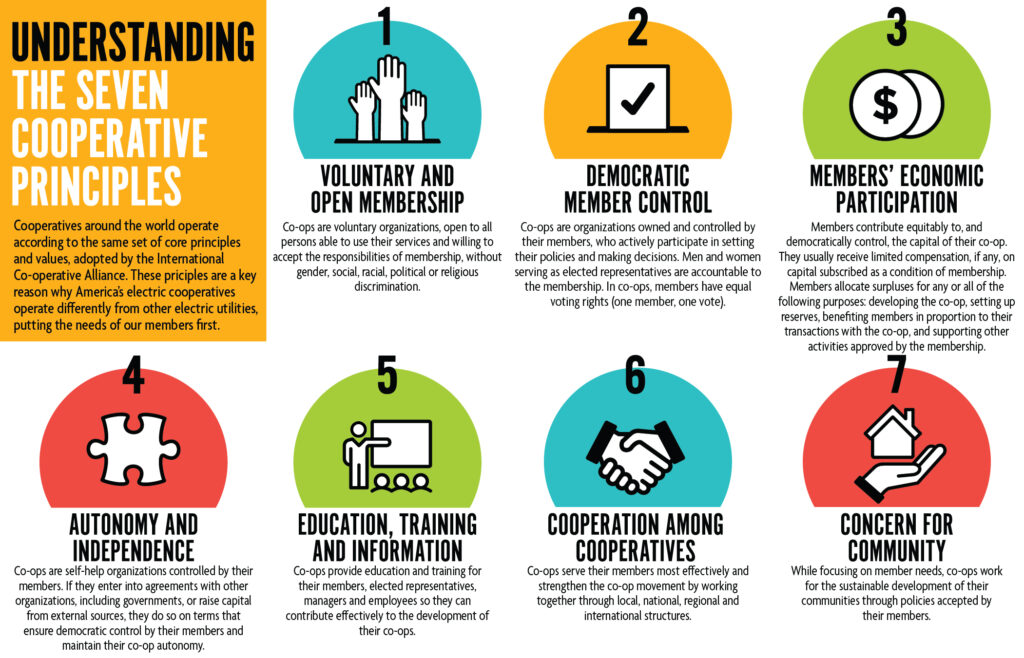
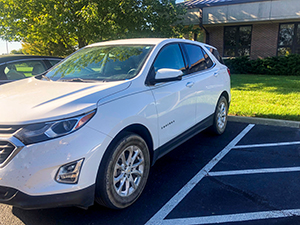
Why is it that some companies mandate or strongly encourage reverse parking? In a few words: it is safer. The National Highway Traffic Safety Administration (NHTSA) estimates that 267 people are killed and 15,000 injured each year by drivers not reverse parking. A fellow KEPCo employee knows a person who was backed into in the Dillon’s parking lot and was seriously injured. It can happen!
Another safety benefit of reverse parking is that in an emergency, it is much quicker to get into your vehicle and drive straight out. Also, if anything should happen to your engine — for example, you leave your lights on and your battery dies — you will have easier access to the hood if you have reverse parked.
Becoming proficient with reverse parking takes practice. And while it may seem a bit unnerving at first, you build confidence quickly. The pull through method is also effective if that option is available, and no backing is required. You may have to park a little farther away from the entrance to find an opportunity either to practice reverse parking or to pull through, but what are a few more steps going to hurt?
So, what do you do with this information? 1) You can be stubborn and insist that no one is going to tell you how to park, 2) you can dip your toe into the reverse parking water and tentatively start practicing reverse parking, or 3) you can conclude that it makes a lot of sense to incorporate this safety measure into your habits and start reverse parking right away. The choice is yours.
Be safe out there!
Check out this blog. There’s a lot of good information!
Mitch Long Retires
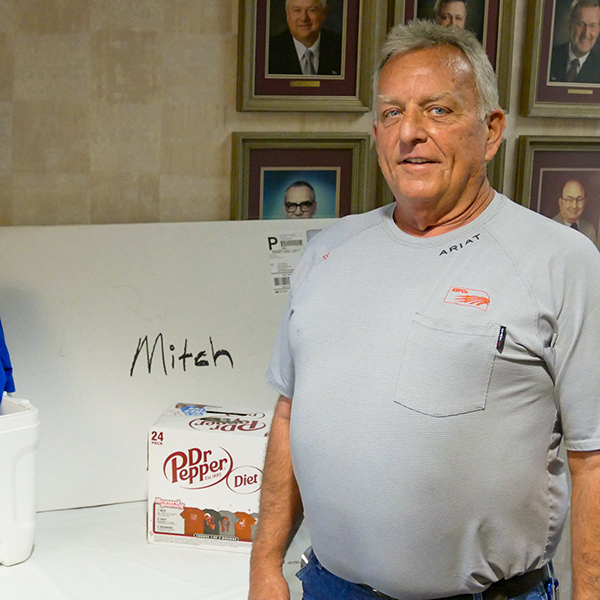
KEPCo Senior SCADA/Meter Technician Mitch Long retired from KEPCo in early September. Mitch dutifully served KEPCo and its member cooperatives for over 21 years. One of his many responsibilities was the operation and maintenance of the Sharpe Generating Station. “Mitch loved working for KEPCo. He had a tremendous amount of knowledge and talent, a tireless work ethic, and always looked forward to the next day of work,” said Terry Deutscher, KEPCo Manager of SCADA & Meter Maintenance.
From KEPCo and the Board of Trustees, best wishes for a long and enjoyable retirement, and thank you for your service.
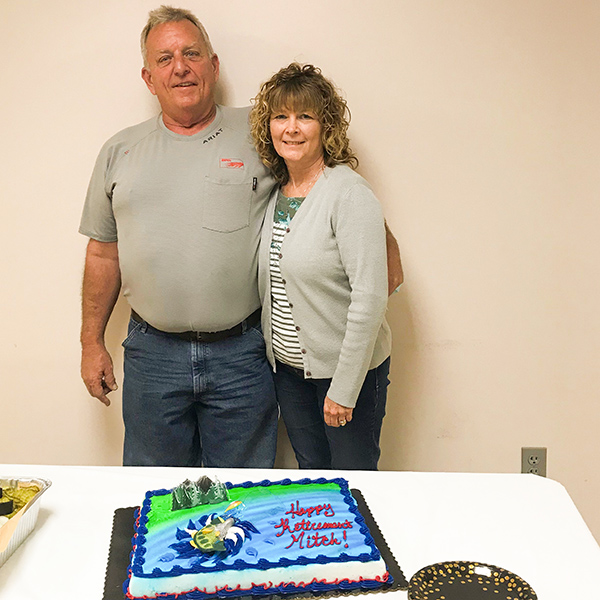
Mitch Long, pictured with his wife, Debbie, celebrate his retirement after 21 years working for cooperatives.
Jared Crotinger has joined the KEPCo team as a Senior Operations Technician. Jared previously worked for Foley Equipment as a Master Industrial Engine and Power Field Technician. As part of that role, Jared performed maintenance on and annually inspected KEPCo’s Sharpe Generating Station, and performed maintenance on the back-up generator at KEPCo’s corporate office as well.
Although born in Tribune, Kansas, and spending his younger years in Weskan and Leoti, Jared has lived the majority of his life in eastern Kansas, primarily in Carbondale, where he attended Santa Fe Trail High School. Jared currently lives in Carbondale with his wife, Amy, and their two sons, Bryson (13) and Greyson (4).
In his spare time, Jared enjoys hunting, fishing, camping, and watching Bryson play sports.

Adam Lee has been hired as a SCADA/Metering Technician II. Prior to coming to KEPCo, Adam was a foreman at Barnhart Electric. He is a journeyman electrician and a certified Generac technician.
Adam, a life-long resident of Hutchinson, Kansas, attended Hutchinson High School and continues to live there with his family. Adam is married to Mandie and they have two sons, Chase (19) and Alex (15).
When not at work, Adam likes to bowl and spend time at the lake with his family.
“KEPCo is very pleased to have found two very qualified candidates in Jerad Crotinger and Adam Lee,” said Mark Barbee, KEPCo Sr. Vice President, Engineering and Operations. “They bring many years of relevant work experience and we are excited to have them join the cooperative family.”
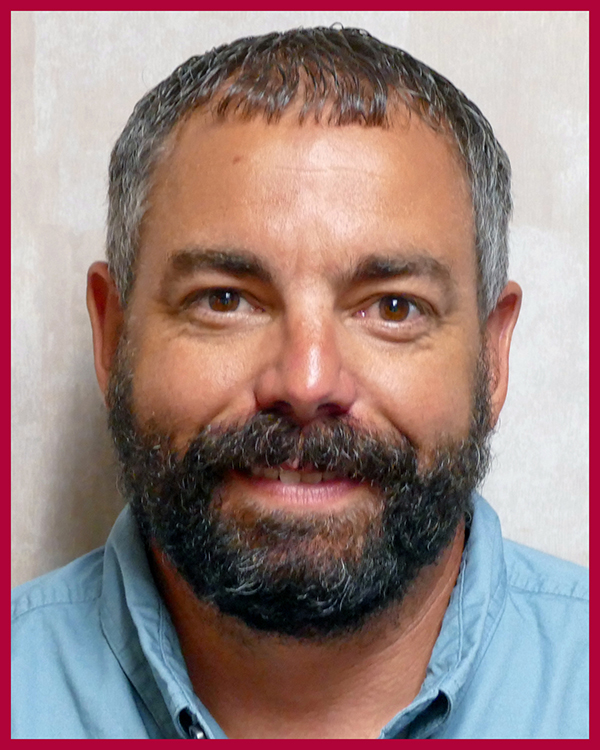
Look What the Stork Brought
Stephanie Anderson, KEPCo Finance & Benefits Analyst II, her husband, Trevor, and their son, Grayson, welcomed Grady James Anderson to the family on August 14. Grady weighed 8lbs.14oz. and was 21 inches long. Congratulations to the Anderson family!
Load Management
This summer was the first load management season under the new Schedule M-11C Tariff. Prior to June 1, KEPCo’s peak was set coincident with the aggregated member cooperatives’ load. This year, KEPCo’s peak determination was more closely aligned with KEPCo’s power purchases. The rationale behind the revision applied in the M-11C Tariff was to better align KEPCo’s billing determinant with KEPCo’s members’ billing determinants, thereby motivating overall cost reduction initiatives and adding efficiencies for KEPCo’s members.
KEPCo’s peak was set on August 28 at 398 MW. By utilizing member-owned generation and load control, the KEPCo membership was able to shed approximately 37 MW during the 2020 peak season.
AECOM Rate Study Released
The second part of the electric rate study authorized by Substitute for Senate Bill No. 69 was posted on the Kansas Corporation Commission website in early July. The study was completed by AECOM, a multinational engineering firm specializing in infrastructure consulting. KEPCo staff was actively involved in responding to numerous data requests by AECOM relating to the numerous electric utility-related issues contained in the study.
The study addressed 13 distinct areas, including such topics as the regional economy, regional planning processes, regional electricity market, transmission investments, impacts of advanced energy solutions, electric vehicles and infrastructure, and physical and cyber security processes, among others.
Like the first part of the study performed by London Economics International that was released earlier this year, the purpose of the second part was to examine current regulatory and industry practices and to provide information that may assist efforts in crafting energy policies that lead to regionally competitive electric rates while maintaining reliable electric service.
The study will be presented to the Kansas Legislature early in the 2021 session.
KEPCo Performs Risk Management Analysis
KEPCo senior staff participated in a risk management analysis and planning session facilitated by CFC. The ultimate purpose and goal of the analysis was to define the KEPCo staff-recommended enterprise risks KEPCo should focus on over the next three years, and then assure Board concurrence before developing action plans to address the risks.
“Risk management assessment and management is vital to KEPCo, particularly in the ever-changing environment the industry is in. While we can never predict the future, we can apply risk management processes to not only prepare for uncertainties, but also minimize the occurrence, or impact of the occurrence, as well,” said Suzanne Lane, KEPCo CEO.
Prior to the planning session, KEPCo senior staff completed a survey, which asked each staff member to identify and prioritize the strengths, weaknesses, opportunities, and threats (SWOT analysis) currently impacting KEPCo.
Following the day-long assessment, the top seven enterprise risks that senior staff identified are (in order of importance): 1) power supply and transmission agreements, 2) stranded investments from the early retirement of assets, 3) cyber security, 4) age and condition of transmission plant, 5) legislative requirements, 6) regulatory requirements, and 7) generation portfolio composition. In September, the KEPCo Board of Trustees approved the seven risks identified by staff as the focus for further action, offering a few changes to the likelihood and impact ratings.
The next steps for the risk management planning efforts include: developing a mitigation plan for the top risks; assigning resources to address each risk; incorporating the mitigation plans into associated policies; and, going forward, assuring the risk mitigation plan remains fluid to adjust to changing business/market environments.
REDLG Application Approved
Healthcare in Sumner County dramatically changed on March 12. That evening, without prior notice, the Sumner Community Hospital, located in Wellington, permanently closed its doors. The hospital had roots in Wellington for more than a century and was one of the town’s largest employers. Additionally, it was the largest hospital in the county. The next closest hospital with emergency care is 30 miles from Wellington.
Shortly after the hospital’s closure, Ascension Via Christi engaged the City of Wellington and its Health Care Authority Board to explore reopening the Emergency Department to sustain critical healthcare in the community. The parties received unanimous support from stakeholders and constituents to move the project forward, which set the stage for Sumner-Cowley Electric Cooperative and KEPCo to lend a hand.
With involvement and assistance from Ms. Coni Adams, Sumner-Cowley CEO, and Mr. Shane Shields, Wellington City Manager, KEPCo wrote and submitted the USDA Rural Economic Development Loan and Grant (REDLG) application to fund a portion of the $1.8 million project. The loan was approved in late August. “Wellington and Sumner County, Kansas, is my home. It’s where I’ve raised my family and where my parents still live. The hospital had been a staple to the community for 100+ years. Its closure was devastating. I was thrilled to receive the call from USDA stating the project had been approved and Sumner Cowley Electric is going to be part of the team to re-establish access to rural emergency medicine in our area,” said Ms. Adams.
KEPCo has a long and storied history with the USDA REDLG program, which continues to be a popular and cost-effective method of financing for rural businesses. “KEPCo is proud to work with our member cooperatives in assisting with loans that benefit the rural communities in Kansas. For many years, KEPCo member cooperatives have helped numerous communities remain vibrant by either retaining existing businesses or by facilitating the entrepreneurship of rural Kansans,” said Susan Cunningham, SVP of Regulatory and Government Affairs, and General Counsel.
For the current USDA fiscal year (October 2019 through September 2020), $1.72 million in loan funds have been brought into rural Kansas, resulting in 78 jobs either being added or saved.
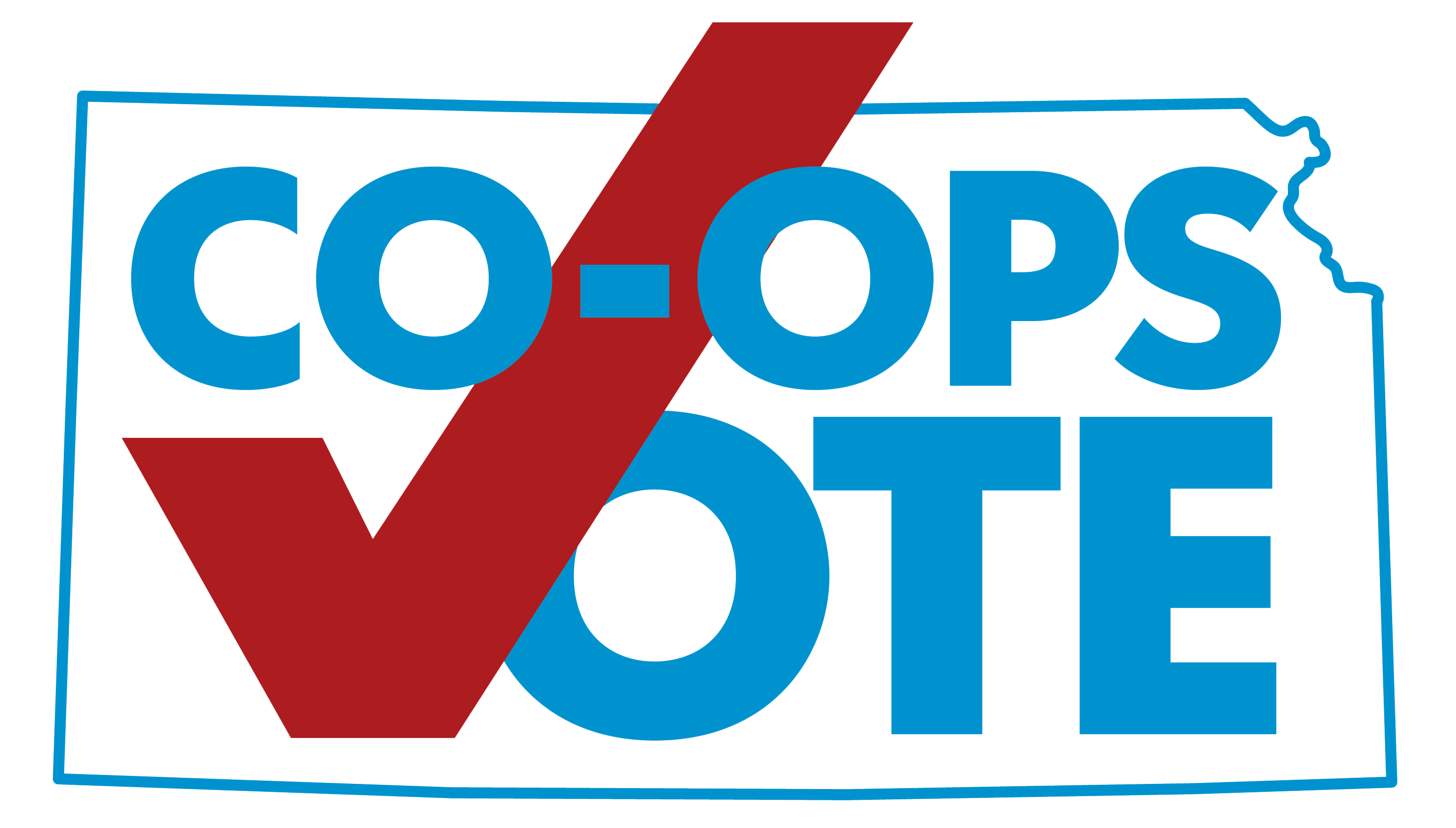
Along with the Kansas Electric Cooperatives, Inc. (KEC) government affairs team, KEPCo staff participated in the Co-ops Vote events at FreeState, 4 Rivers, and Flint Hills electric cooperatives. Each event was attended by electric cooperative staff, area state legislators, and congressional candidates. Discussion at the events included such important and timely topics as the impact of COVID-19 on electric cooperatives and the measures electric cooperatives have taken to help their members during the pandemic, state and federal elections, the AECOM study, and the need for and status of the FFB loan refinancing bill.
